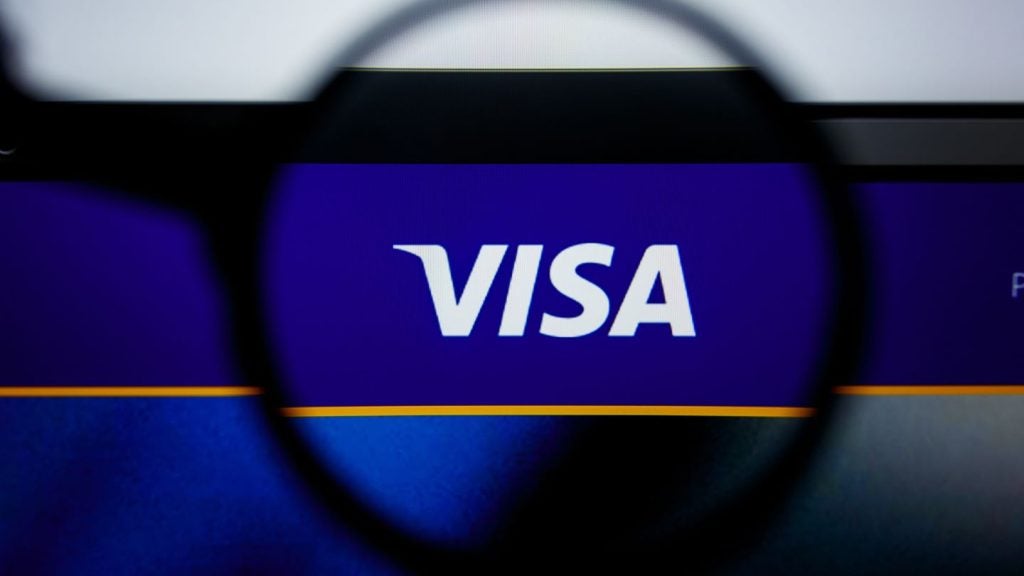
The wealth and scope of data that is now available is extraordinary, as millions of consumers pass through the ‘touch points’ of the sales and payment value chain every day.
With the increasing need to define a competitive edge in every marketplace, the opportunities to act upon the resulting insights have become clearer: to improve customer loyalty, through reward schemes for example, to offer new services to retailers and vendors, to find new revenue streams, and for payment service providers to assume new roles in the whole financial service ecosystem.
Luckily, the costs of collecting, storing, aggregating and analysing this data have fallen significantly as technology has gained momentum.
There are great opportunities to enter new fields, whether in customer relations management, loyalty schemes and customer retention, through to yield management, predictive analysis and benchmarking.
In some of these areas specialised providers may have a strong foothold. Equally, there is value in collaborating with best-of-breed partners to provide high-quality services for merchants throughout Europe.
It is ever more important to provide a combined POS and e-commerce payment solution, and omnichannel solutions are now high in demand to support a seamless customer experience across all channels.
How well do you really know your competitors?
Access the most comprehensive Company Profiles on the market, powered by GlobalData. Save hours of research. Gain competitive edge.

Thank you!
Your download email will arrive shortly
Not ready to buy yet? Download a free sample
We are confident about the unique quality of our Company Profiles. However, we want you to make the most beneficial decision for your business, so we offer a free sample that you can download by submitting the below form
By GlobalDataBeing present in a variety of verticals is also crucial in creating a strong position from which to collaborate with other players. The range and depth of insights that are now possible to obtain include:
- Enhancement of the loyalty journey: A merchant can recognise when a customer has entered a store for the first time, so a card payment can be linked to a retail offer, to promote and nurture future loyalty.
- Improvement of efficiency: We can develop ‘heat maps’ based on payment frequency at restaurants, for example, linked to factors such as the weather, holidays or other social and cultural events.
- Increased security: Payment analytics can improve security through identifying exceptional payment patterns. This is of particular value in the ever-increasing battle for fast and convenient checkout, where traditional multi-step security checks may increase payment abandonment rates.
- Market intelligence: There is huge potential for connections to be made between payment analytics and other financial systems to improve general market understanding and benchmarking.
In a nutshell, data analytics helps businesses to engage with existing customers, find and acquire new ones, benchmark against the competition, and improve business long- and short-term planning and general decision-making.
As a company, and as an industry, a key question we are asking is: should insights be free or paid for? Smaller merchants may ask themselves whether they want or need these insights. If analytics can provide them with better connections and understanding of their customers, and they cannot afford to carry out such analysis themselves, then it could be worthwhile for them.
Larger merchants may already carry out their own data analysis to some degree, or receive it from other sources such as till providers. Or they may expect to get such information from payment service providers as part of their commercial arrangement.
It is up to us as a merchant’s technology partner to demonstrate that we provide genuine added-value products with tangible benefits and services which fulfil customers’ needs.
We’re sitting on a ‘golden egg’, because we are central to the POS or touch point, which the marketing world recognises as hugely valuable. If we provide added value for the merchant through these touch points, we will improve their customer retention and potentially gain new revenue streams.
One of the greatest benefits of data analytics is how precisely targeted it can be. This pays particular dividends in yield management, meaning loyalty schemes can promote a certain offer to a clearly relevant target group, at a specific time. This increases effectiveness, saves time and resources, and avoids targeting non-relevant groups.
For example, the self-scanning and self-service payment systems that have been introduced into many retail stores will expand widely in the coming years. This trend opens up new enormous opportunities for data analysis and the potential to offer more personalised products.
Overall, as a company, we are interested in moving up the value chain of customer payments and playing a greater role in the B2B2C relationship. We are looking at offering additional services through the touchpoints to increase merchant retention, customer satisfaction and to create new revenue streams.
We are investing in new types of research, such as the Swiss innovation ‘hackathon’, where we harness the analytic power of smart programmers and devise new products for our customers, using location-based services, predictive analysis to present new opportunities for benchmarking, or loyalty schemes such as gift cards, guarantees or cashback offers.
Regulation and payment providers
Under the forthcoming EU Revised Payment Services Directive (PSD2) conditions, the financial services landscape is about to change dramatically. Once PSD2 is implemented in January 2018, consumers and businesses will be able to use third-party providers to manage their banking affairs.
Although money will still be held in bank accounts, these third-party providers will have the right to provide financial services in addition to banks’ data and infrastructure, through access to customers’ accounts using open Application Programme Interfaces.
As a result, the payments value chain will change, with banks entering into collaboration with fintech companies and focusing more on customer relations.
We are open to playing a new role in this environment, working with banks and merchants, providing new value-added services along an evolving and extending payments value chain.







